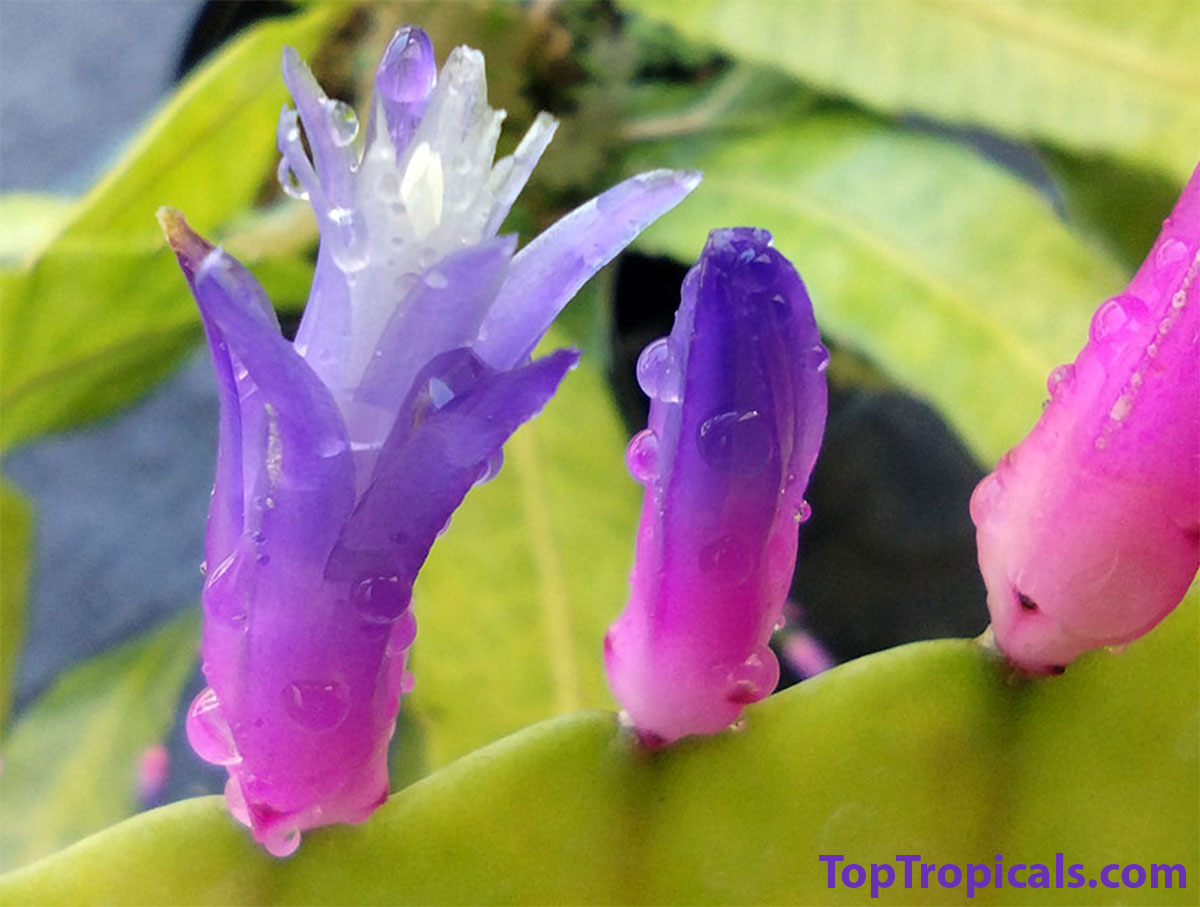Garden Blog - Top Tropicals
Did you know this about Hoyas?
Hoya calycina - Papua Sweet Scent
*Wax Plants: Hoyas are often called wax plants because of their thick, glossy leaves and waxy flowers.
*Sweet Scented Blooms: Their star-shaped flowers not only look like candy but also emit sweet, often vanilla-like or chocolatey scents, especially in the evening.
*Epiphytic Nature: Many Hoyas grow as epiphytes in their natural habitats, meaning they live on other plants or trees, getting nutrients from the air and rain.
*Longevity: Hoyas can live for decades and may even be passed down as heirlooms. Some specimens are over 100 years old!
*Nectar Drops: Their blooms produce tiny drops of nectar, a treat for pollinators (and sometimes houseplant owners).
*Hundreds of Species: There are over 500 species of Hoyas, ranging from tiny-leafed varieties to ones with massive leaves or even fuzzy foliage.
*Sun-Loving Flowers: While the plants tolerate lower light, Hoyas flower best with bright, indirect light or even some direct sun.
*Low-Maintenance: They’re perfect for forgetful gardeners since they prefer to dry out between waterings.
*Climbing or Trailing: Hoyas can either climb with the help of trellises or cascade beautifully as trailing plants.
*Flowering Age: Hoyas are patient! Some won’t bloom until they’re a few years old, but the wait is worth it.
*Resilient Peduncles: Never cut off the “flower stems” (peduncles) - Hoyas rebloom from the same spot year after year.
*Exotic Origins: Native to Asia, Australia, and the Pacific Islands, they thrive in tropical and subtropical climates.
*Lucky Charm: In some cultures, Hoyas are considered symbols of love and are gifted as housewarming or wedding presents.
🎥 Hoya calycina - Papua Sweet Scent was discovered in Papua New Guinea in 1913. The flower is very fragrant and can infuse your entire house in a beautiful lilac scent.
😍 Do you have a favorite Hoya species in mind? Share in comments!
📚 More from previous post:
Our favorite houseplants - hoyas
🛒Shop hoya plants
#Container_Garden #Shade_Garden #Fun_facts
🔴 Join 👉 TopTropicals
Happy Thanksgiving! Last day of discount
"Giving Thanks is Giving Peace"
☀️ To our wonderful customers, thank you for your support throughout the year - we are truly grateful! We wish you peace, health, and beautiful gardens filled with abundant fruit and ever-blooming flowers.
👋 Don't miss the last day of 10% discount on plants, seeds, and garden supplies with the code below. Let's make your gardens even more fruitful and vibrant this Thanksgiving!
😉 THANKS24 😉
Min order $150. Excluding S/H. Exp. 11/29/24
🛒 Shop Now
🔴 Join 👉 TopTropicals
Choosing what you want
"When you have to choose between two evils, pick the one you’ve never tried before." - Steven Wright
Share your cats in comments!
📸 🐈🐈🐈👇
🔠 More #PeopleCats in our Garden:
PeopleCats.Garden
#Quotes
🔴 Join 👉 TopTropicals
Why is Jujube Tree called the Tree of Happiness?
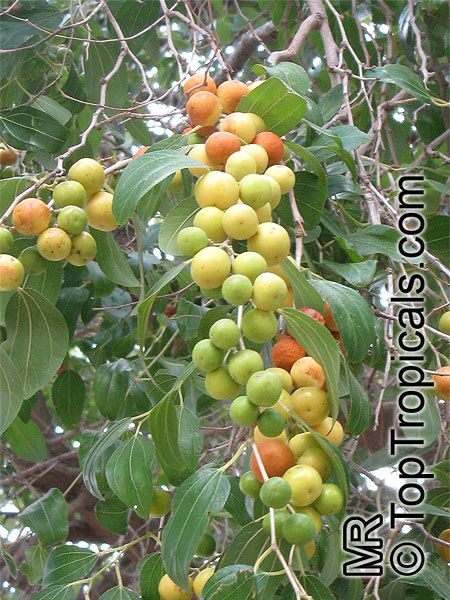
Jujube Tree (Ziziphus jujuba)
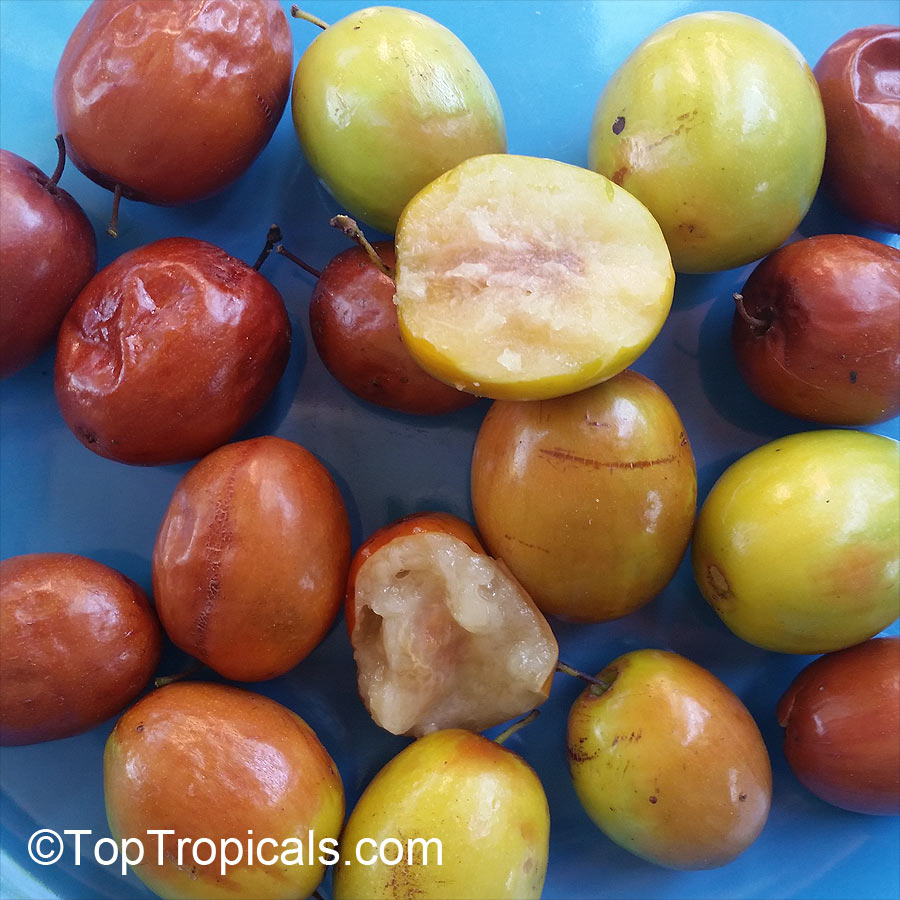
Jujube Tree (Ziziphus jujuba) fruit
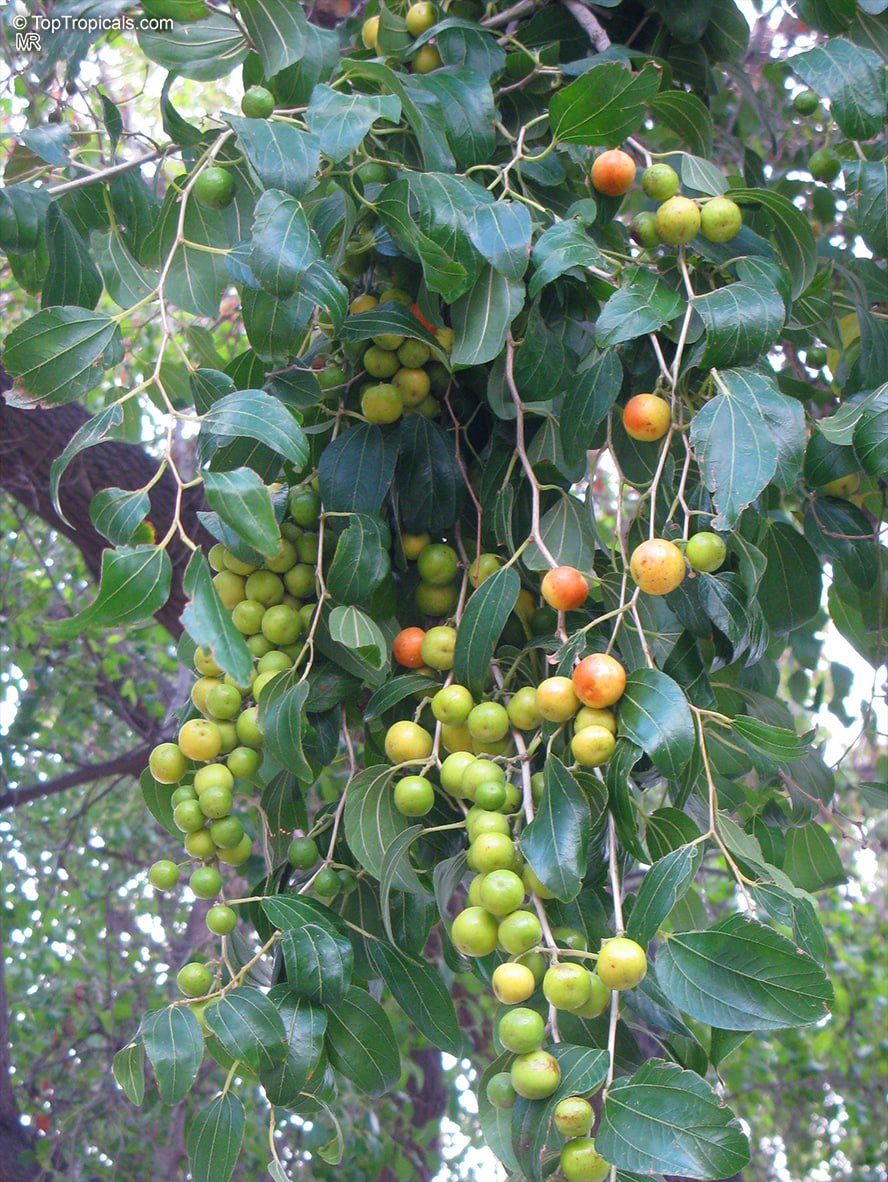
Jujube Tree (Ziziphus jujuba)
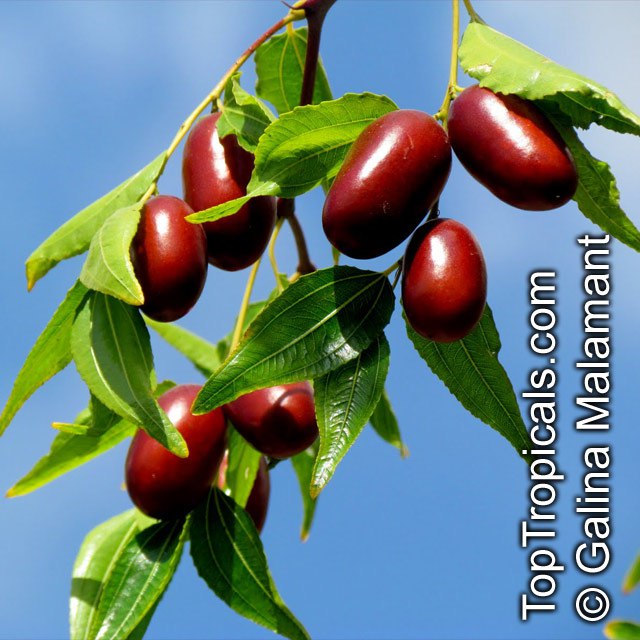
Jujube Tree (Ziziphus jujuba)
- 😇 The Jujube Tree (Ziziphus jujuba) is often called the "Tree of Happiness" and is one of the #Nature_wonders.
- 😇 Nutritious Fruit: The Jujube tree (Ziziphus jujuba) produces small, sweet, and slightly tangy fruits that are enjoyed by both children and adults.
- 😇 Hardy and Easy: This small, spreading tree with drooping branches grows quickly and thrives in poor, dry, and even moderately saline soils. It requires minimal care to flourish.
- 😇 Medicinal Uses: Every part of the Jujube tree, from its leaves to its bark and fruit, has medicinal properties. The fruit is known for its stress-relieving and immunity-boosting benefits.
- 😇 Thousands of Years in cultivation: Widely cultivated in China and India, jujubes have been grown for over 4,000 years. China has more jujube trees than any other type of fruit tree.
- 😇 Symbolism:
- 😇 Greek Mythology: Some horticulturists draw a comparison between the Jujube tree and the Greek myth of Sisyphus. Like Sisyphus' boulder that endlessly rolls back down, the Jujube tree regrows tirelessly, symbolizing resilience, perseverance, and renewal.
- The name Ziziphus comes from the Persian zizfum or Arabic zizouf.
- The tree is associated with Ziziphus spina-christi, the Christ's Thorn Jujube, which provided the thorns for the biblical crown of thorns.
- In Indian legends, the Jujube tree is said to be blessed with a boon: no matter how badly it is cut, it will never die, and a single root will cause it to regrow.
- Revered in India, the Jujube is known as the "Tree which removes sorrow" and is often offered to the god Siva.
📚 Learn more:
The tree of Happiness that removes sorrow
🛒 Plant Jujubу - Tree of Happiness
#Food_Forest #Remedies
🔴 Join 👉 TopTropicals
Stay tuned to get this beauty!
Ceiba samauma Mapajo
💎 If you're captivated by the majestic beauty of Ceiba trees (Kapok or Silk Floss Tree), then you’ll love the newest treasure in our rare plant collection:
🎥 Ceiba samauma Mapajo - This stunning variety boasts golden-cream flowers that deepen to chocolate brown at the center as they mature. Each flower is a showstopper, reaching an impressive 6 inches in width.
🗓 On December 1, 2023, we grafted a tiny cutting from a rare plant collector, and now, just a year later, we have a gorgeous little tree already blooming with its breathtaking flowers! With a bit of luck, by next year, we’ll be able to graft more of these beauties from our own tree and share this extraordinary variety with our customers and friends. Stay tuned!
📚 From previous posts:
Ceiba Dwarf Pink Princess - breath-taking flowering tree that stays compact
🛒Shop Ceiba Trees
#Trees #Nature_Wonders
🔴 Join 👉 TopTropicals
Whats on his mind?
- 🐈 "I wish I could write as mysterious as a cat." - Edgar Allan Poe
Share your cats in comments!
📸 🐈🐈🐈👇
🔠 More #PeopleCats in our Garden:
PeopleCats.Garden
#Quotes
🔴 Join 👉 TopTropicals
What is the most rewarding hardy fruit tree suitable for hot climate
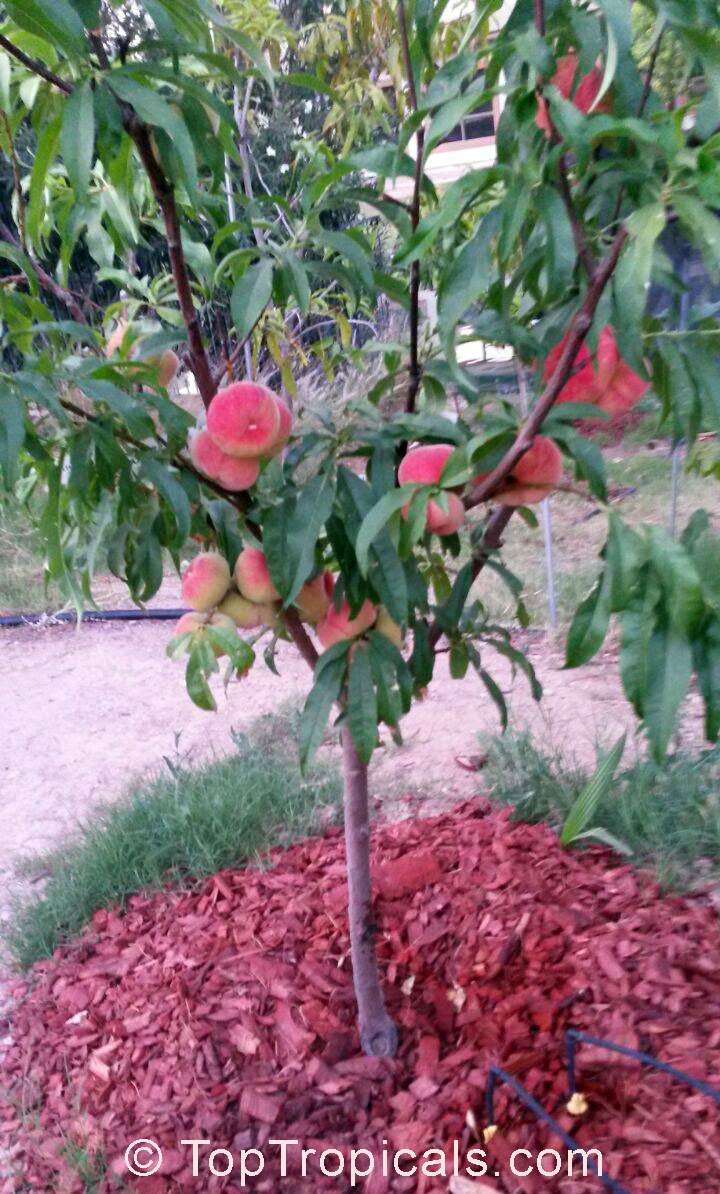
Low Chill Peach (Prunus sp.) tree
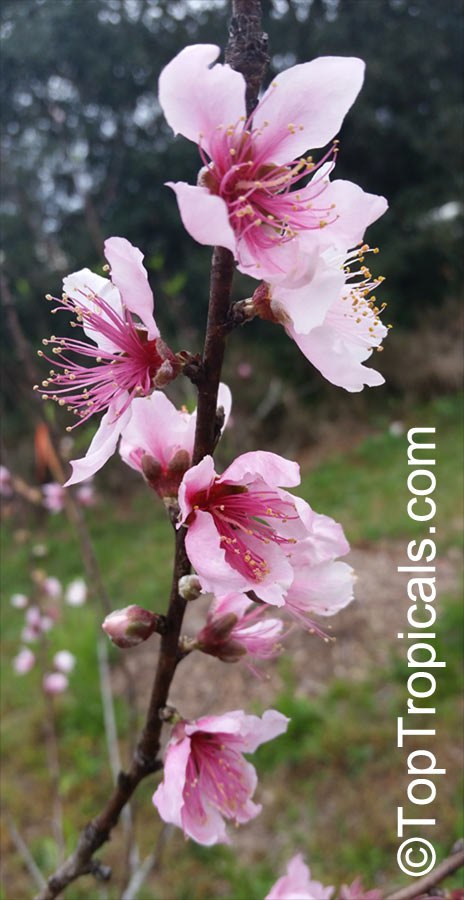
Low Chill Peach (Prunus sp.) flowers
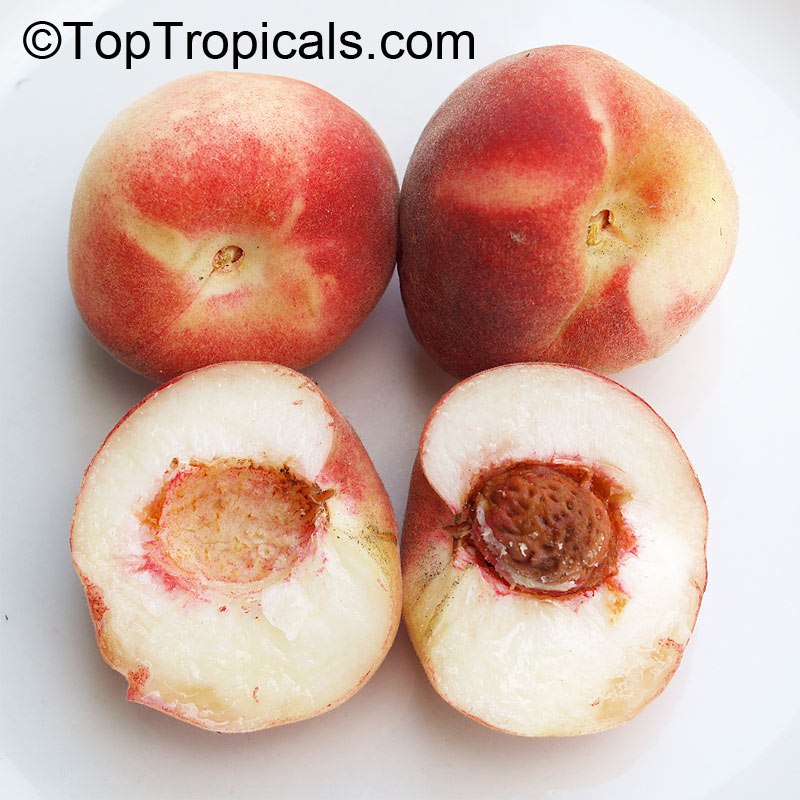
Low Chill Peach (Prunus sp.) fruit
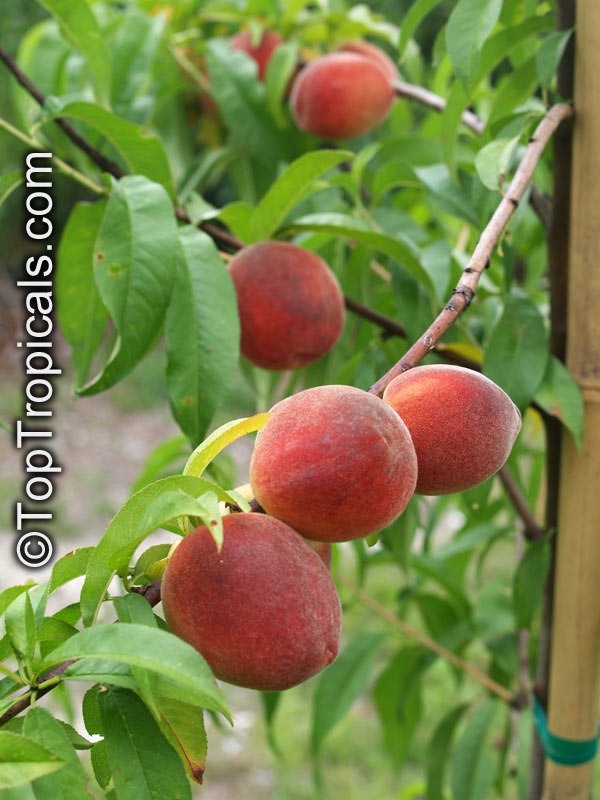
Low Chill Peach (Prunus sp.) fruit
💬 Can I grow peaches and plums in Florida?
✅ Yes, you can grow peaches, nectarines, apricots and plums in Florida, provided you choose low-chill varieties.
- 🍑 These have been developed specifically for subtropical regions like Central and South Florida, where traditional temperate varieties struggle due to insufficient chill hours.
- 🍑 Low-chill varieties require as little as 150–300 chill hours (temperatures below 45°F) and thrive in hot climates, making them perfect for Florida' warm winters and hot summers.
- 🍑 These heat-tolerant fruit trees also perform well in other challenging climates, like Arizona.
- 🍑 While apricots generally need more chill hours than Florida's climate can provide, hybridization efforts have made peaches, nectarines, and plums reliable options for gardeners in these areas.
🛒 Shop Low Chill Peaches (Prunus sp.)
#Food_Forest
🔴 Join 👉 TopTropicals
Baby-pink fluffy flower for butterflies
Calliandra selloi (brevipes) - Pink Powderpuff, Pink Lilian
- 🐾 Calliandra selloi (brevipes) - The Pink Powderpuff, also known as Pink Lilian, is a spectacular bloomer that adds charm and grace to your butterfly garden.
- 🐾 Native to southeastern Brazil, Uruguay, and northern Argentina, this shrub stands out with its finely divided leaves with teeny-tiny leaflets and dazzling clusters of baby pink, silky, powder-puff flowers.
- 🐾 This medium-to-large shrub has a graceful growth habit, making it a stunning centerpiece or a lush addition to garden borders.
- 🐾 Its delicate flowers bloom during the summer, looking like nature's fireworks and attracting pollinators with their fluffy appeal.
📚 More Calliandras from previous posts:
- · Flowering bush that everyone loves
- · Tree Calliandra
- · How to get a big flowering bush quickly? Calliandra - Powderpuff for blocking the unwanted view
🛒 Shop Calliandras - Powderpuffs
#Hedges_with_benefits #Butterfly_Plants
🔴 Join 👉 TopTropicals
When Bamboo blooms with orchid flowers
Bamboo Orchid (Arundina graminifolia), Bird Ground Orchid
- ⭐️ The Bamboo Orchid (Arundina graminifolia), or Bird Ground Orchid, is a showstopper with its elegant, pinkish-purple flowers perched on tall, cane-like stems that look strikingly like bamboo.
- ⭐️ These towering plants can grow to hip height or even taller, bringing a bold, exotic vibe to your garden. Their resemblance to bamboo isn't just in the stems – the long, alternating leaves add to the illusion.
- ⭐️ At the top of the canes, delicate flowers bloom one at a time, keeping the show going for weeks. Each flower, about 2-3 inches wide, features soft white petals and a vibrant purple-pink lip, reminiscent of the beautiful Cattleya orchids.
- ⭐️ These blooms can appear almost year-round, with a peak in summer, adding a touch of tropical elegance to your landscape.
- ⭐️ This stunning plant is perfect for those who want a unique and low-maintenance addition to their shade garden that always reaches for the sky!
📱 Ground orchids: all-summer colors for shady gardens
📚Learn more from previous posts:
- 🟡 The prettiest flower for shade
- 🟡 Ground orchids: all-summer colors
- 🟡 Why do we love Ground Orchids
- 🟡 Epidendrum radicans - Orange Reed Ground Orchid, Sunrise
- 🟡 Terrestrial orchids
- 🟡 What orchids can be grown in the ground
🛒Shop Ground Orchids
#Container_Garden #Shade_Garden
🔴 Join 👉 TopTropicals
Date:
Black Friday Week Has Begun!
Everybody loves these deals:
This holiday week, treat yourself to the best deals of the year and fill your garden with the plants you've always dreamed of! Don't miss these instant discounts:
BOGO deals
discounted items
Secret Garden half price
and of course - FREE SHIPPING limited time promotions
On top of that, use our Thanksgiving code below and make it a steal!
Thanksgiving 10% discount
Shop now and make your garden the envy of the season! Get additional 10% off plants, seeds, and garden supplies with the code below:
THANKS24
Min order $150. Excluding S/H. Exp. 11/29/24
Photo above: Pseudorhipsalis amazonica - Blue Flame Cactus - Spectacular bloomer! A rare, spineless, epiphytic cactus from the rainforests of the Amazon jungle. Flowers emerge along the leaf edges from late spring through early summer, with a distinctive blue tip on the magenta flower.


